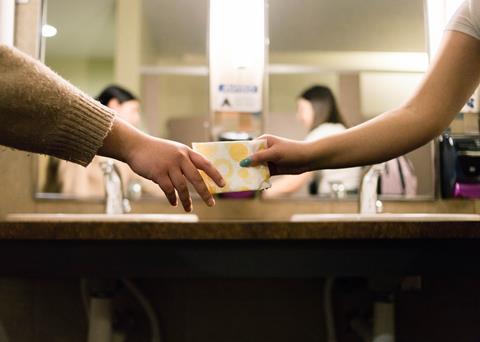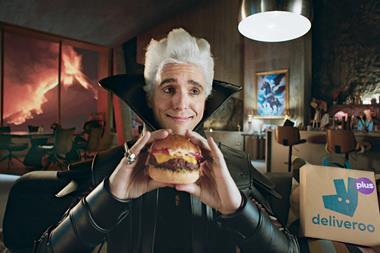
While public discourse and media attention around women’s health issues have grown in recent years, the gender health gap remains a pressing inequality within our society.
We’re still not at a point where women can readily access advice and expertise without feeling dismissed, or be able to speak openly without stigma. Resources and support are too often non-existent or limited, whether that be at work, school or on social media.
From periods and menopause to bladder weakness and fertility, sadly, many women still navigate these life experiences feeling unsupported and alone.
There is an opportunity for leading brands and retailers to collectively smash these taboos, be loud and proud about women’s health, and facilitate easy access to education, resources and impactful products that can improve lives. In doing so together, we can influence and advocate for equality with those who have the power to deliver it.
Creating real impact
But it has to be genuine, and it has to be impactful. Token gestures won’t cut it. Achieving real change demands taking risks and potentially upsetting a few people along the way.
It needs collaboration with experts and with brands who are connected and trusted by those who use them, or maybe even collectively as a group with competitors. It requires innovation grounded in women’s health needs. And most importantly, it fundamentally requires investment.
At Essity, we’ve taken risks and upset people, all in the name of pushing boundaries in support of those who we know need our backing. Bodyform, one of our period brands, became the first brand to show blood and depict menstrual bleeding in advertising, sparking important conversations and normalising periods.
It’s an important change in narrative, one which is echoed by CensHERship with its campaign calling for social media companies to end the unnecessary censorship of women’s health content on their platforms.
But women’s health needs more than awareness. That’s why, in 2023, a group of charities and education institutions came together to ensure everyone can access the products and education they need, so no one is held back by their period. A partnership between Tesco, UK charity In Kind Direct, and a raft of competing consumer brands has delivered an in-store scheme that has donated millions of essential hygiene and health products to those most in need.
Building relationships
And all of this isn’t only good for society – it’s good for business. Doing the right thing can also build stronger, more resilient consumer relationships. Early-stage women’s health innovations – such as UK startup Monthlies – are important, as purpose-led strategies that respond to real unmet needs don’t just strengthen brand affinity, they create lasting impact.
Of course, no single organisation or initiative can close the gender health gap alone. It’s a systemic issue that requires alignment across government, business, retail and wider society. Alongside greater awareness, we need sustained commitment, cross-sector collaboration and the courage to challenge outdated norms.
Nevertheless, brands have a powerful role to play. By listening more closely, responding more meaningfully, and partnering more widely, we can move from a system that sidelines women’s health to one that puts it at the centre of public and commercial life.
When women’s health is neglected, everyone loses. It’s time it was prioritised – not as an add-on, but as a cornerstone of a fairer, healthier society.
Nuria Antoja, marketing director for consumer goods UK&ROI at Essity



















No comments yet